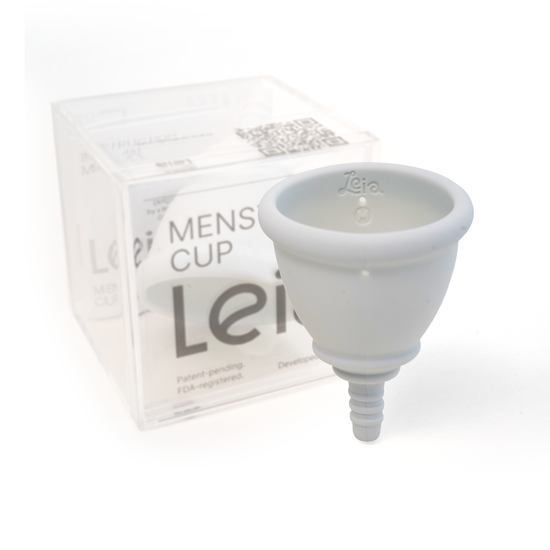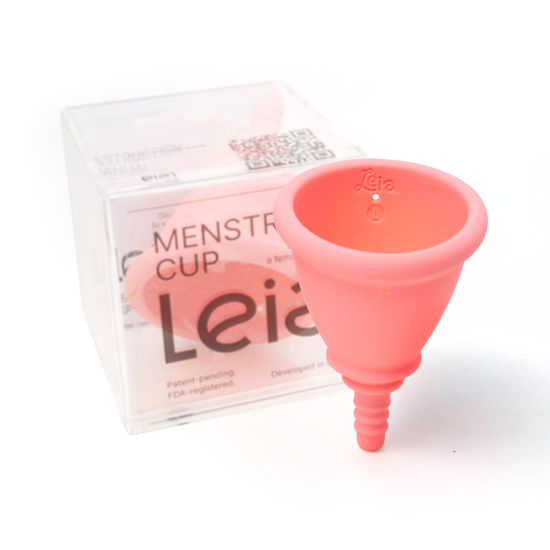Women's health is a fascinating interplay of rhythms, especially the monthly dance of the menstrual cycle. Yet, when irregularities surface, it prompts exploration. Irregular periods, subtle messengers from our bodies, hint at potential imbalances. In this article, we delve into decoding irregular menstrual cycles, seeking a clearer understanding before exploring causes and management strategies. Join us for insights into informed choices and a holistic approach to women's well-being.
Possible Causes of Irregular Periods:
-
Hormonal Imbalances:
This is the most common cause of irregular periods. Imbalances in hormones like estrogen and progesterone can disrupt your menstrual cycle. This can be due to factors such as polycystic ovary syndrome (PCOS), thyroid disorders, or hormonal changes during menopause.
-
Stress:
Emotional or physical stress can have a significant impact on your menstrual cycle. High levels of stress can disrupt the normal functioning of your reproductive hormones, leading to irregular periods.
-
Weight Changes:
Significant weight gain or weight loss can affect your menstrual cycle. Both obesity and being underweight can disrupt the hormonal balance in your body, resulting in irregular periods.
-
Over-exercising:
Intense and excessive exercise can also disrupt your menstrual cycle. This is commonly seen in athletes or individuals who engage in rigorous training programs. The energy demands of high-intensity exercise can disrupt the hormonal balance necessary for regular periods.
-
Chronic Illnesses:
Certain chronic conditions like polycystic ovary syndrome (PCOS), diabetes, or thyroid disorders can cause hormonal imbalances and lead to irregular periods.
-
Medications:
Certain medications like hormonal birth control, antipsychotics, or anticoagulants can affect your menstrual cycle. It is important to inform your doctor about any medications you are taking to determine if they could be causing your irregular periods.
-
Pregnancy:
Strangely enough, women often forget to exclude it. It is essential to take a pregnancy test if you are sexually active. No contraceptive method provides 100% protection.
Managing Irregular Periods:
-
Birth Control:
In some cases, your doctor may prescribe hormonal birth control to regulate your periods. This can help regulate hormone levels and establish a more predictable menstrual cycle.
-
Lifestyle Changes:
Making certain lifestyle changes can also help regulate your periods. This includes maintaining a healthy weight through balanced diet and regular exercise, managing stress effectively through relaxation techniques or therapy, and ensuring adequate sleep.
-
Managing Underlying Conditions:
If your irregular periods are caused by an underlying condition such as PCOS or thyroid disorders, treating and managing these conditions can help regulate your menstrual cycle.
Dietary Changes:
Certain dietary changes can also be beneficial in managing irregular periods. This includes consuming a well-balanced diet rich in fruits, vegetables, whole grains, and lean proteins. Avoiding excessive caffeine and alcohol consumption is also advised.
-
Herbal Remedies:
Some herbal remedies, like the use of certain herbs or supplements, have been suggested to regulate the menstrual cycle. However, it is important to consult with your doctor before trying any herbal remedies, as they may interact with medications or have potential side effects.
When to Seek Immediate Medical Attention:
While most cases of irregular periods are not a cause for immediate concern, there are some instances where you should seek immediate medical attention:
-
Severe Pain: Intense abdominal pain or cramping during periods may indicate an underlying condition requiring medical attention.
-
Emotional Distress: If irregular periods cause significant emotional distress, seek support from a healthcare professional.
-
Prolonged Absence: If menstruation is absent for more than 2 cycles after excluding other causes, seek medical attention.
Remember to consult a gynecologist for a personalized assessment and treatment plan for irregular periods.




